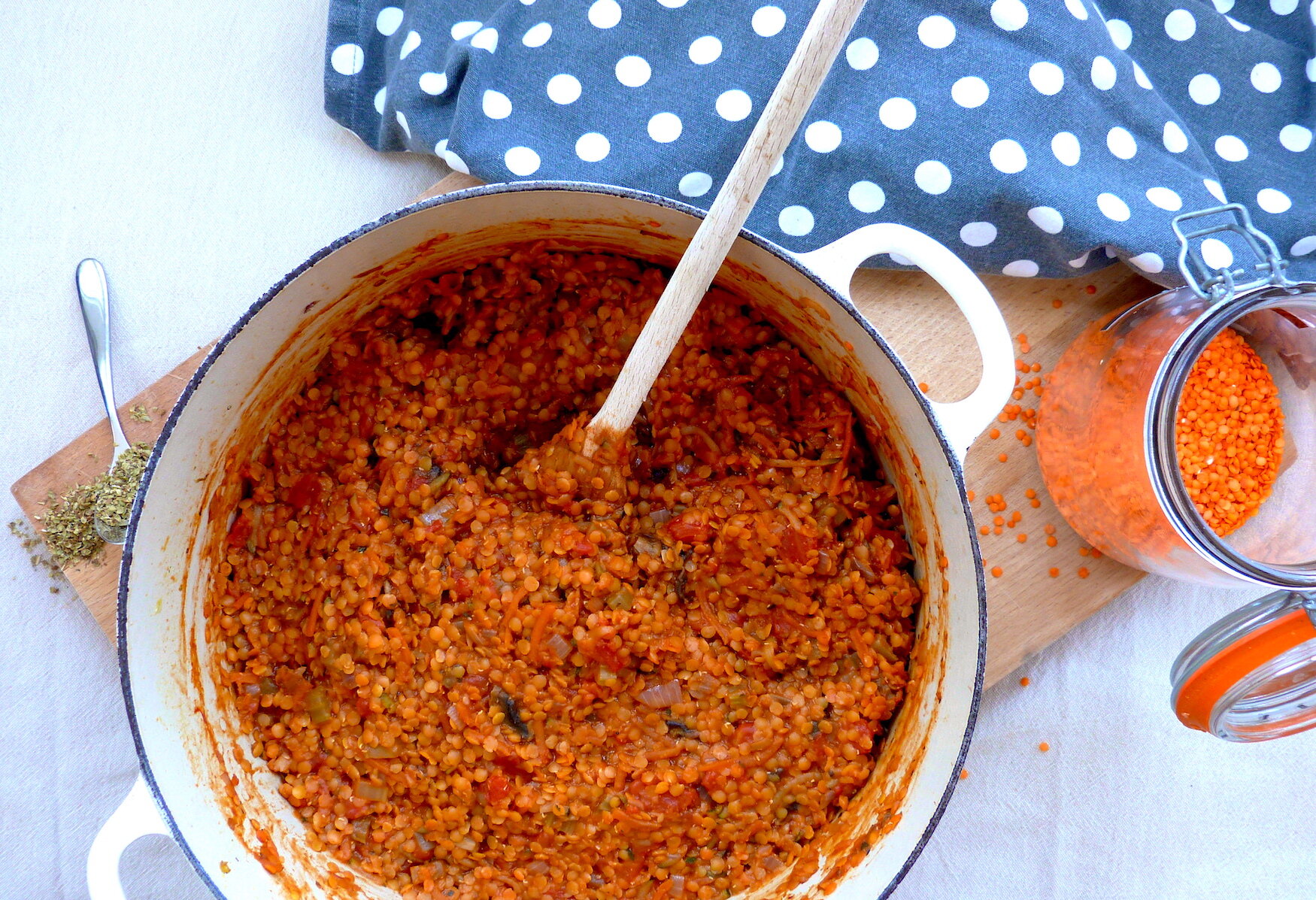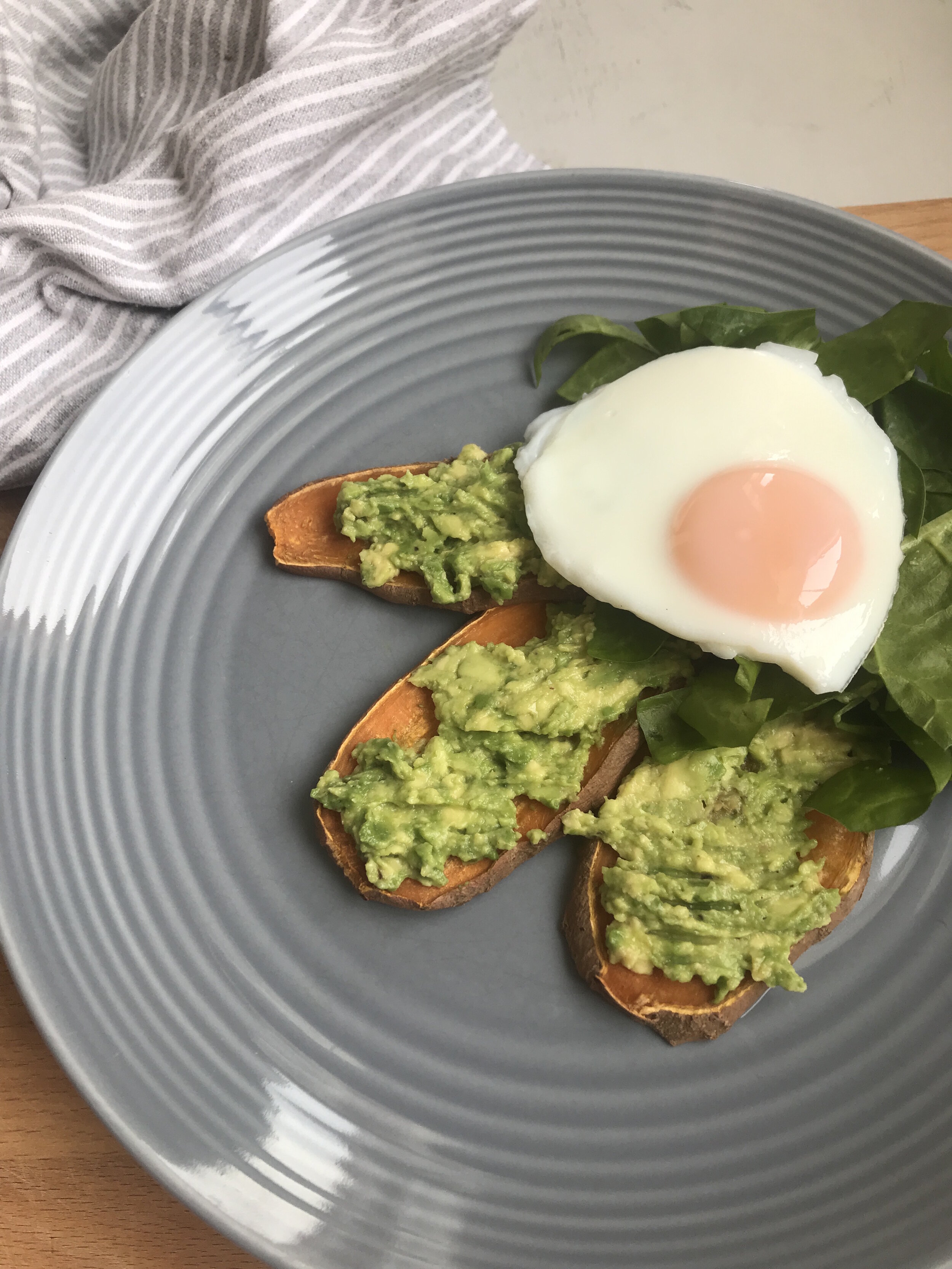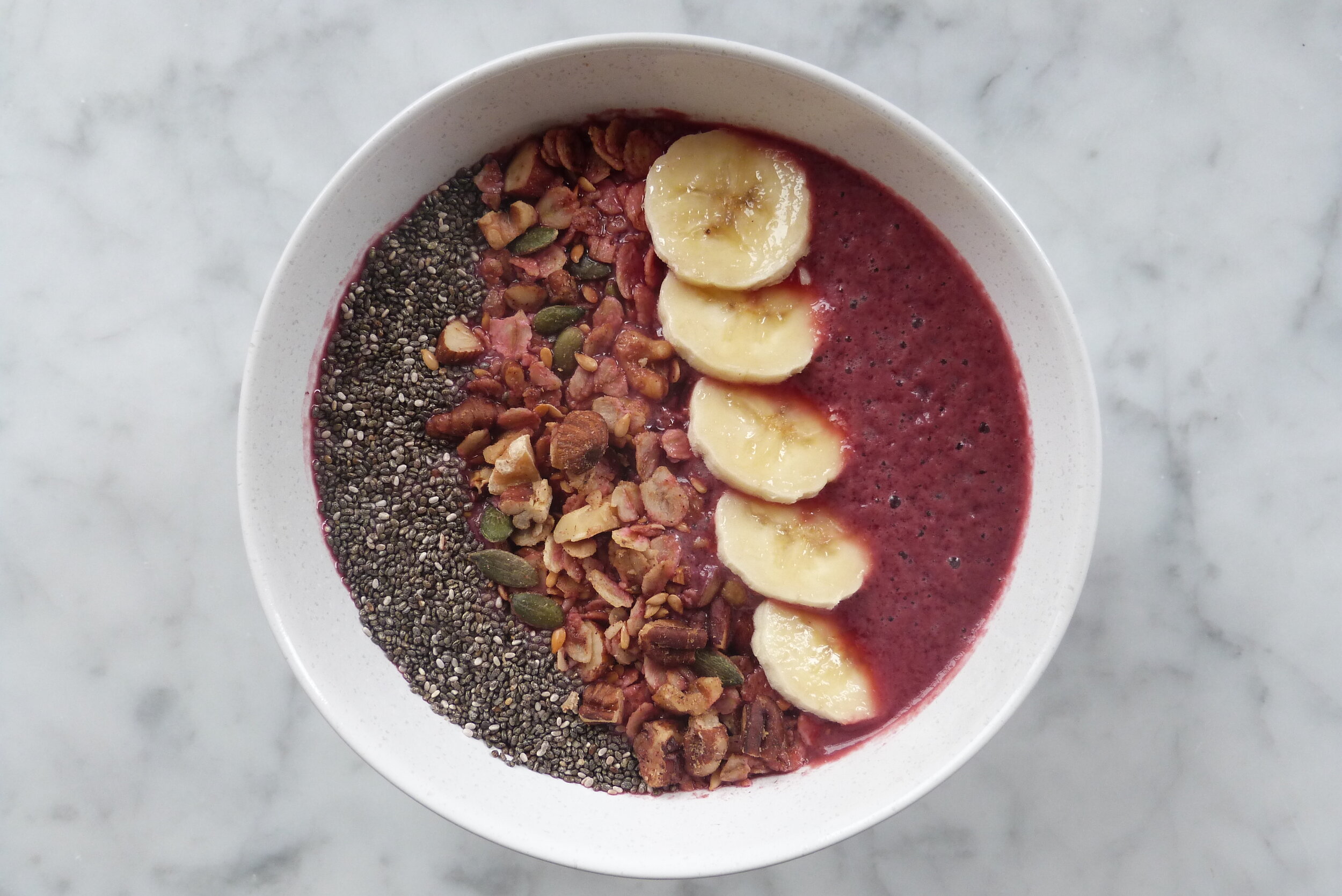The Truth About Protein
I remember when I thought protein was something that came in industrial-sized tubs and fell into the world of bodybuilding so wasn’t relevant to me. I’ve quickly learned that not only is protein essential for us all but it’s something that is often lacking from many people’s daily diet and doesn’t have to mean consuming horrific-looking shakes and 16 chicken breasts to fulfil your daily needs.
Protein has now become a marketing buzzword in the world of food and nutrition and many manufacturers are labelled products as “high in protein” or “with added protein” which automatically makes us think we need these products in our lives because protein is healthy and good for us. But is that really the truth or is it just another marketing spin being fed to us? Well, I’m here to help you understand - the truth about protein. So let’s start with the basics…
What is protein?
Protein is a macronutrient made up of amino acids that our body needs to perform vital functions such as producing hormones, enzymes, blood, skin, hair, and nails and the more commonly known building and repairing of muscles and tissues. In fact, almost every function in the body requires protein so it is genuinely essential to our wellbeing.
There are nine essential amino acids that our body can’t produce so we must get them from our diet. Animal produce (meat, fish, dairy, eggs) contain all nine essential amino acids whereas most plant proteins (beans, lentils, nuts, seeds etc) only contain some, meaning if you’re vegetarian or vegan you have to work that little bit harder to get all the protein your body needs.
Is protein important for our health?
In one word yes. It helps with so many areas of wellbeing and most of the clients I see aren’t actually getting enough protein in their daily diet. BUT it’s not about going out and purchasing marketing hyped protein added products. It’s simply about making sure you have one source of protein with every meal and snack. See more about how much protein you need below. Here are some of the key benefits of protein for your health:
It reduces hunger
Eating protein has been shown to help reduce hunger by keeping your blood sugars balanced. It also triggers an increase in what’s known as the satiety hormone leptin which makes you feel full. So after a meal containing protein, you’ll feel more satisfied. This reduces hunger and appetite and means you should consume fewer calories in a day. This is why you may find a diet or healthy living food labelled “high in protein to keep you fuller for longer”.
In one study, overweight women who increased their protein intake from 15 to 30% of calories, on average ate 441 fewer calories a day without making any restrictions.
Improves muscle mass and strength
As I’ve already said, protein is an essential building block for the synthesis and maintenance of muscles. So after exercise, particularly high-intensity exercise, your body needs good quality protein to help your muscles recover and repair. This ensures your body is ready for the next workout.
Fuels fat-burning
Sadly, when losing weight your body will lose muscle mass as well as fat. This is frustrating because lean muscle burns more calories than fat, even when not being used. Eating sufficient protein in your diet encourages your body to burn fat and preserves calorie-burning lean muscle.
Boosts metabolism
Eating in general boosts your metabolism because your body uses energy to digest food. But not all foods are created equal. Your body uses more energy to digest protein. This has the effect of boosting your metabolism and increasing the calories you burn digesting your food, in some studies by up to 100 calories a day.
How much protein do I need?
There are various ways to calculate your ‘protein requirements’ and for a moderately active adult, the guidance is 0.8g of protein per 1kg of weight. So for a moderately active woman weighing 60kg that’s 48g of protein a day.
So if you’re someone who loves weighing everything you eat and measuring your macronutrients then go for it - good for you. But for me and for the majority of my clients that just takes all the fun out of food! My guidance for clients is to make sure there is protein at every meal and every snack and aim for a mix of animal and plant proteins.
Sources of protein
When you talk about protein it’s either meat and fish or the increasingly popular ‘protein shakes’ which come to mind, but there are valuable plant sources too.
Mixing it up and having some vegetarian or even vegan days where you just eat plants is something I encourage all my clients to do - it’s not just better for the environment it’s better for your health too. So try to make plants the base of your diet with added animal proteins from time to time.
But remember if you’re only having plant protein you need to make sure you’re getting a variety to ensure you get those nine essential amino acids.
Animal sources: Meat, fish, seafood, eggs, dairy - cheese, yoghurt, milk.
Plant sources: Tofu, beans, lentils, pulses, nuts and seeds, grains - quinoa, oats, rice, small amounts in veg like peas, spinach, broccoli and kale.
4 plant protein sources you may not immediately think of:
Quinoa: often thought of as a grain, quinoa is actually a seed and offers 9g of protein for every 1 cooked cup
Oats: half a cup of uncooked oats provides 7g of protein, add some nuts and seeds (like chia, pumpkin and sunflower seeds and walnuts/almonds) to your morning porridge and you’ll easily be getting your morning dose of protein
Broccoli: 1 cooked cup provides 4g of protein – and a whole host of other health-boosting vitamins and minerals – bonus!
Chickpeas: A super source with 12g of protein in 1 cooked cup – dig into that hummus!
Can you eat too much protein?
Contrary to what some people believe and what marketing may suggest, you can eat too much protein. Excess protein is stored in your body as fat so although it’s important to make sure you’re getting a good amount in your diet, but don’t overdo it.




